

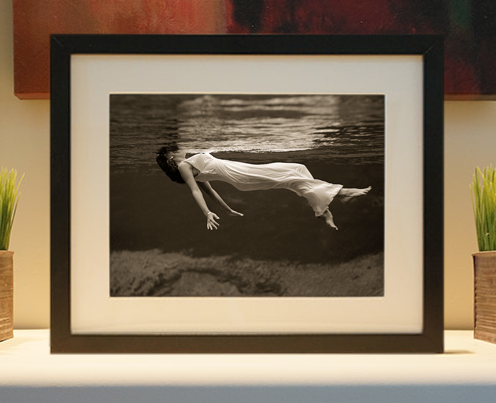
Framed or unframed, desk size to sofa size, printed by us in Arizona and Alabama since 2007. Explore now.
Shorpy is funded by you. Patreon contributors get an ad-free experience.
Learn more.

- Lofty addition
- In 1912
- Keenan Building
- Six years old
- Taken from the P.J. McArdle Roadway?
- It stood only 47 years
- Three track mind
- Incline to the right
- Reach for the sky, 1912 style
- No clean sweep
- Same Job Title, Same Face
- Sadly Lost
- Beautiful ...
- Where you get your kicks
- Aim High
- Pueblo Revival sisters
- Pueblo Neoclassicism
- Milk Man
- Regional dialect.
- Spielberg's inspiration
- Great Photo
- Loaf Story
- Do you still have the Rakes category?
- Could almost be a scene from the 1957 movie 'Hell Drivers'
- The Wages of Fear.
- Conspicuous by their absence
- Got Milk?
- All that aluminum
- No lefties
- Smoke 'em if you've got 'em
Print Emporium
PneuTube: 1942
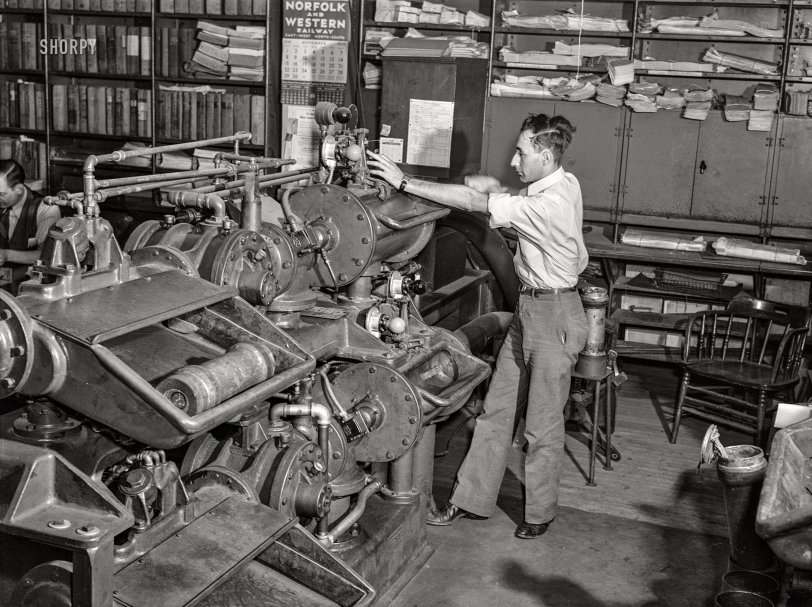
November 1942. "Chicago, Illinois. A pneumatic tube system connects the main yard office with yardmaster offices throughout the Illinois Central railyard. Switch lists and other communications are quickly sent in this way." Medium format acetate negative by Jack Delano for the Office of War Information. View full size.
I know you are, but what am I?
This looks like Pee Wee Herman working his first job! It must be really hot in that office since he has actually removed his jacket and bow tie.
Still in Use
The UK supermarket ASDA (still with a minority Walmart holding) still use pneumatic tubes to send cash paper money in pods from the checkouts to the cash office. I worked in one for a time and can still hear the vacuum motor winding up, a whoosh of air and then the rattle and clatter as they fell into a tub in a sealed safe. (I didn't tell you that OK?)
Central Cashier Station
I remember several stores that had a secure (caged area) that served as a central cashier location that would receive customer payments from the floor sales clerks via the tube. They would process the bill and the included cash payment and send any change back to the clerk through the tube. This way only a few folks had access to the cash drawer.
Smith's Department Store
As a kid growing up in Windsor, Ontario in the 1950s a trip to Smith's with Mum was always a treat. When she made the purchase the cash was put into the cylinder and away it went to the cash room. The store employee wrapped up the purchase, and a short time later there would be an increasing volume of hissing air coming from the return tube and suddenly POP. The cylinder fell into a cushioned bin, and the employee would open the cylinder to give my mother her change and receipt. But the real treats were the trips to the massive Hudson's Department Store in Detroit where they had cash registers with eight drawers. In 1972 I flew to Chicago from Seattle and my cash was sent off in a pneumatic tube.
Most frequent pneumatic tube communication
U up
Red light bulbs
At least I think they're red and not blacklights. Also they don't have any protection form being broken by a wayward cylinder.
Department stores had them.
I remember them c. 1958 in Cleveland, at Sterling-Lindner-Davis. There was a restaurant, too, with a child menu I was treated to a few times. And elevator operators.
SEND
So it's essentially an early version of text messaging.
Emails, 1942 style
I had once the privilege to work for a company that was using a pneumatic tube system well into the 1990s. Back then that was still the most efficient way to quickly share drawings and documents with colleagues who were working at the other end of a mile long facility. Back then that was the most economic way to provide prints and copies within such a company. Printers and plotters were much more expensive and needed to be utilized. Hence a central printing and copying offce. Which was located next to the microfiche archive. And also sported a microfiche printer and a cyanotype copier (as in "blueprints").
I must be getting old.
BTW, the City of Prague (Czech Republic) may have been the last city to have had a municipal pneumatic mail system in operation. Alas, it got swamped during the Great 2002 European Floods, and that was that.
A technology no long pneu
My local bank branch abandoned its drive-thru tube system within the past few years, but some remain, as do manufacturers of the equipment. Probably the main use today is in hospitals, providing safe and monitored transfer of laboratory and pharmacy materials.
The largest urban pneumatic mail system was in Paris, where 'pneus' could be sent from 1866 to 1984, with peak usage (30 million messages) in 1945. The last such system, in Prague, was wiped out by flooding in 2002.
Ol' Dan Tucker
The operator looks like he combed his hair with a wagon wheel.





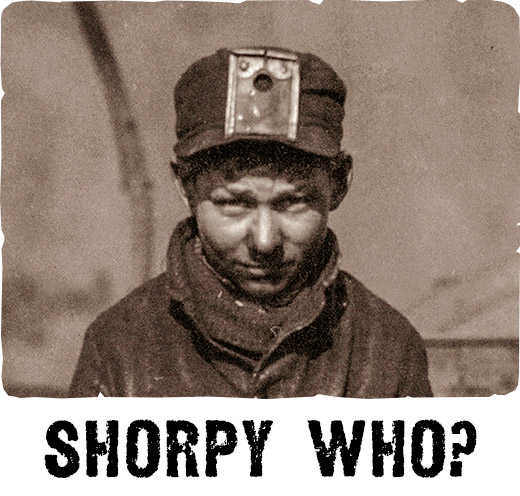
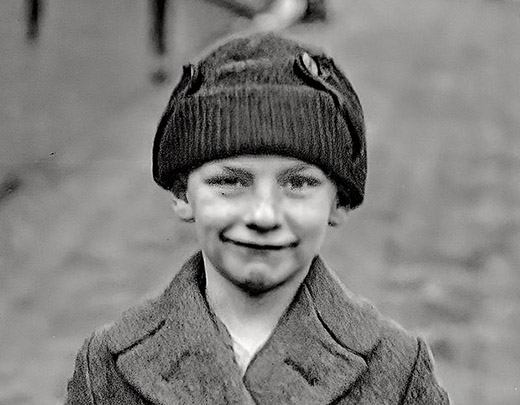
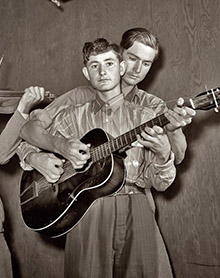
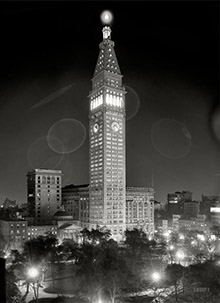
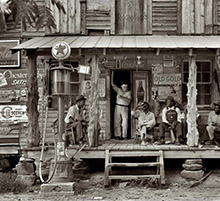
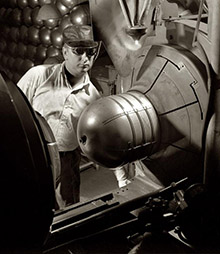
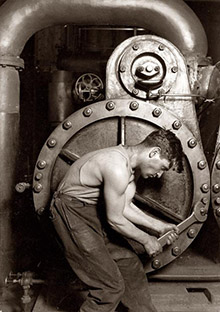

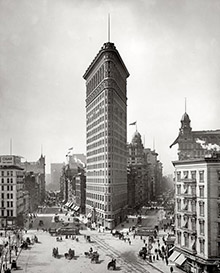



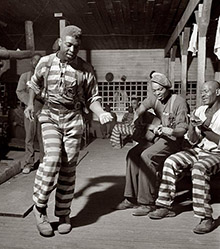
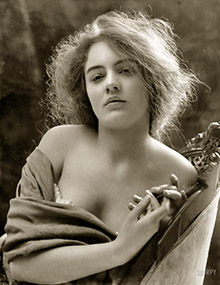
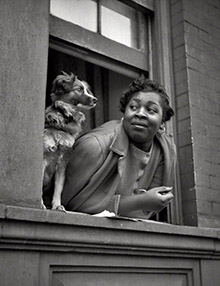



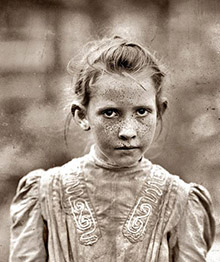
On Shorpy:
Today’s Top 5